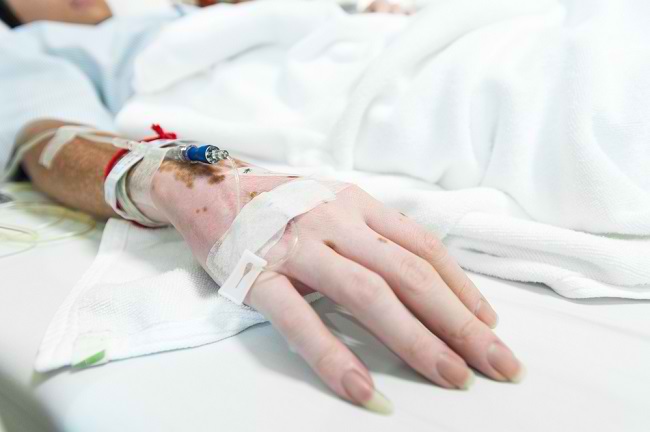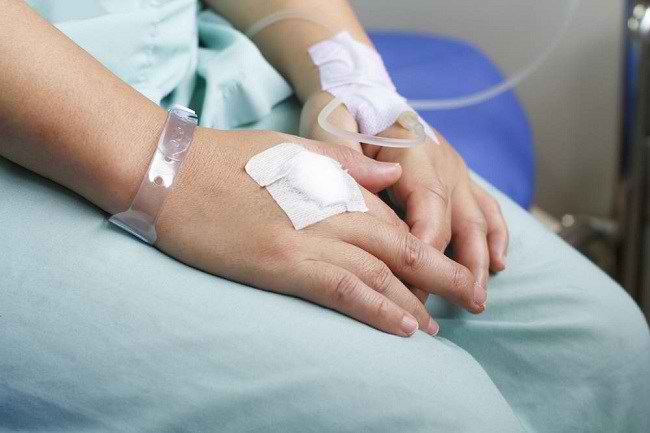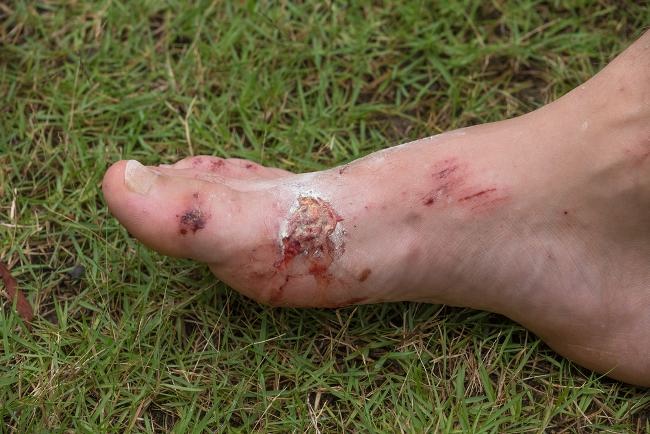Early detection of HIV is an important step to reduce transmission and increase the success of HIV treatment. The sooner HIV is detected, the sooner treatment can be carried out, so that this infection can be controlled and does not develop into AIDS.
According to data from the Ministry of Health in 2018, it is estimated that there are around 640 thousand people suffering from HIV infection in Indonesia and 46 thousand of them are new HIV cases. In addition, the death rate due to HIV is quite high, reaching 38 thousand cases.

Despite the high number of HIV cases, many people still feel reluctant to get tested for HIV because of the negative stigma attached to this disease.
In fact, the sooner HIV infection is detected, the more effective the HIV treatment will be. Early treatment can also reduce the risk of people living with HIV infection (PLWHA) developing AIDS.
In addition, by knowing the status of HIV, the implementation of measures to prevent the spread of the virus can be done as well as possible.
Who Needs to Undergo HIV Detection?
HIV transmission can occur through direct contact with the patient's body fluids, such as semen, blood, vaginal fluids, and breast milk. Please note, HIV is not transmitted through saliva, sweat, tears, physical contact, and sharing food or drink with PLWHA.
The HIV virus can infect anyone, but there are several conditions that can increase a person's risk of becoming infected with the HIV virus, namely:
- Frequently changing sexual partners
- Having unprotected sex, such as condoms
- Suffering from sexually transmitted diseases
- Having sex with a drug user or commercial sex worker
- Sharing the use of syringes with others
- Have received a blood transfusion, although transmission this way is rare
In addition to the above conditions, there are also groups of people who are categorized as at high risk of being infected with HIV, namely:
- Babies born to HIV positive mothers
- Uncircumcised men
- Men who have sex with other men
- Medical personnel who frequently come into contact with blood, for example laboratory personnel
Early HIV screening in groups of people at risk of HIV infection can be one of the main keys to reducing the spread of this viral infection. In addition, by knowing HIV status early on, the success of treatment and disease prevention measures can be more effective.
Several Types of HIV Detection Tests
Anyone can do an HIV detection test, especially if you and your partner belong to a high-risk group for HIV infection. You can consult a doctor at a clinic, health center, or hospital to undergo these examinations and tests.
The following are some types of tests to detect HIV:
1, Antibody Test
This test aims to detect the presence of antibodies in the blood as the body's response to fighting HIV infection. Antibody test results can be directly known in a short time, which is about 30 minutes.
However, antibody tests may show negative results even though the person undergoing the test has actually been infected with the HIV virus. This is because it takes about 3–12 weeks for a person exposed to the virus to have a high enough number of antibodies in his body that can be detected during an examination.
2. Antigen-antibody combination test
This combination test is performed to detect antibodies and HIV antigen in the blood known as the p24 antigen. The p24 antigen is generally produced by the body within 2-6 weeks after exposure to the HIV virus.
By identifying the p24 antigen, the presence of the HIV virus can be detected early, so that treatment and prevention of the spread of HIV can be carried out more quickly.
3. NAT test
Nucleic acid testing (NAT) or nucleic acid test can detect the presence of the HIV virus in the blood quickly, ie within 10–33 days after a person is infected with this virus.
Unfortunately, this type of test is expensive and is not routinely used as an HIV screening test, unless a person is at high risk of exposure to HIV or shows early symptoms of HIV infection.
4. VCT test
VCT (voluntary counseling and testing) is a voluntary HIV testing and counseling program. This service is not only aimed at detecting the virus, but also treating and treating people with HIV.
VCT begins with a counseling session by a doctor or counselor. During counseling, you will be asked questions and information related to HIV/AIDS. Next, the counselor will ask for written consent (informed consent) before carrying out an HIV detection test.
If you fall into the category of people at risk for HIV, you don't need to hesitate to take an HIV test, because the test results are guaranteed to be confidential and only known to you and the medical personnel who perform the examination.
To undergo an HIV detection test, you can go to a health center, hospital, or health institution that provides HIV testing services. The sooner it is detected, the faster the handling and treatment of HIV can be done.
If you have questions about HIV/AIDS or would like to undergo a screening for HIV detection, don't hesitate to consult a doctor.









